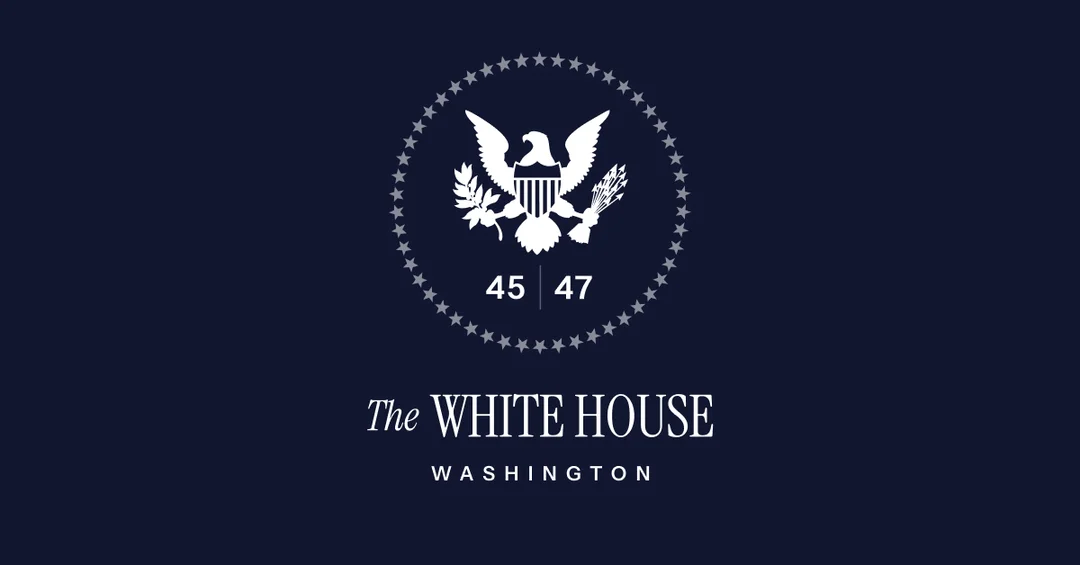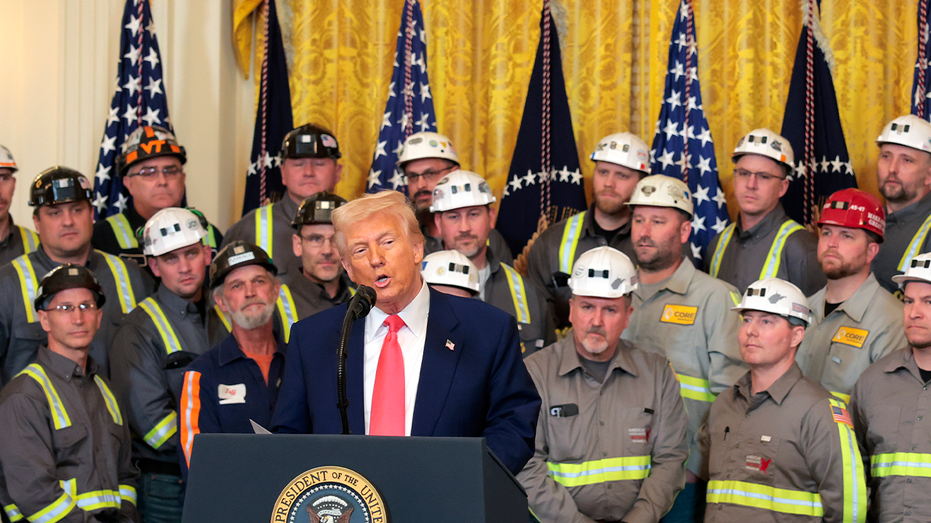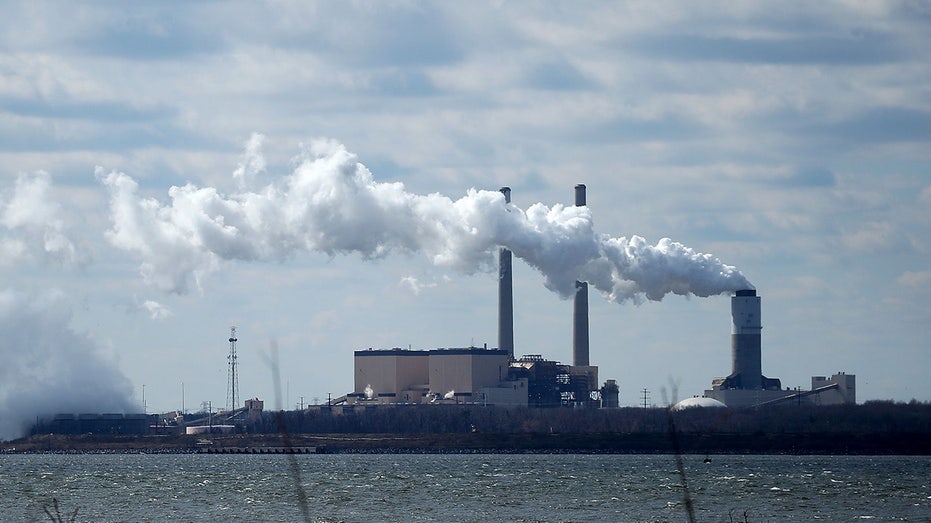
Trump’s Bold Counterstrike Against State Climate Policies Sparks Nationwide Showdown
President Donald Trump has ignited a fierce national clash by signing a sweeping executive order aimed at dismantling state-level climate initiatives across the United States. Declaring these policies a threat to American energy dominance, Trump’s unprecedented move challenges state authority, raising complex questions about federalism, the environment, and the future of US energy leadership.

Signed on April 8, 2025, Trump’s order directs the Department of Justice to identify and actively challenge state and local laws that the administration deems unconstitutional or harmful to American energy interests. Specifically, it targets regulations promoting renewable energy, efforts to penalize fossil fuel companies for greenhouse gas emissions, and carbon pricing measures popular in states like California, New York, and Vermont.
“These State laws and policies are fundamentally irreconcilable with my Administration’s objective to unleash American energy,” Trump wrote, characterizing progressive climate policies as “lawless” overreach that must not stand. The order authorizes Attorney General Pam Bondi to expedite legal efforts stopping enforcement of such state policies, prioritizing those connected to environmental, social, and governance (ESG) agendas or climate-related litigation.
Trump’s move marks a dramatic escalation from earlier efforts to roll back federal climate regulations, now casting his sights on states determined to decarbonize independently. States like Colorado and Michigan have passed ambitious mandates for carbon-free electricity, while others such as New York seek financial accountability from fossil fuel giants. Those states argue that localized environmental leadership is essential given federal inertia.
This federal-state showdown has drawn sharp reactions. Philip J. Weiser, Colorado’s Attorney General, called the order “lawless,” vowing to defend the state’s right to protect its citizens and environment. “We don’t want Washington, D.C., telling us we can’t govern the way we see fit,” he said, echoing a chorus of state leaders readying for a bruising court fight.

Conservative think tanks and energy advocates, however, praised Trump’s strategy as a necessary “counterstrike” to regulatory activism. James Taylor, president of the Heartland Institute, called it a pushback against years of Democrats “weaponizing” policy to impose costly restrictions, while Jason Isaac of the American Energy Institute said it “empowers the DOJ to put an end to politically motivated lawsuits that threaten American jobs and energy security.”
The order outlines broad federal intervention — not only challenging environmental lawsuits but also rolling back permitting obstacles and ending a federal pause on coal leasing. Trump’s team touts these steps as essential for reviving the coal industry, expanding use of fossil fuels, and powering emerging technologies such as AI with “affordable and reliable” energy.

Detractors argue that dismantling state autonomy undermines both federalism and the climate fight, potentially locking in polluting industries at the expense of health, innovation, and long-term sustainability. Supporters counter that unilateral state restrictions hurt national unity, economic growth, and American geopolitical strength. This fierce argument cuts to the core of America’s divided approach to climate change and the energy economy.
As the Biden administration previously advanced aggressive climate rules — now being reversed or stalled under Trump — the states had positioned themselves as laboratories for green policies. Trump’s sweeping executive action throws this dynamic into legal jeopardy, setting up what promises to be a defining court battle over environmental authority and energy sovereignty.
In a deeply polarized landscape, Trump’s counteroffensive raises the stakes for how America powers its future, balances states’ rights with federal priorities, and confronts the urgent global climate crisis. Will this move secure energy dominance at any cost, or spark a backlash from voters and state leaders alike? The answer may reshape the nation for decades to come.
What is your take on this federal clash against state climate action? Share your thoughts below and join the debate.